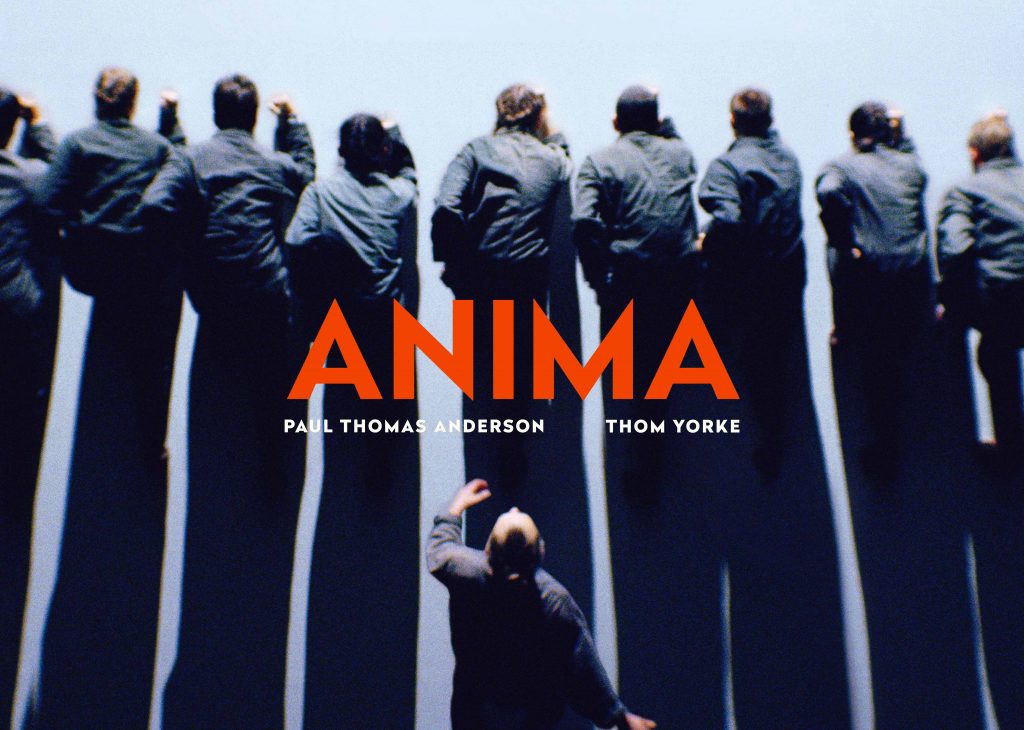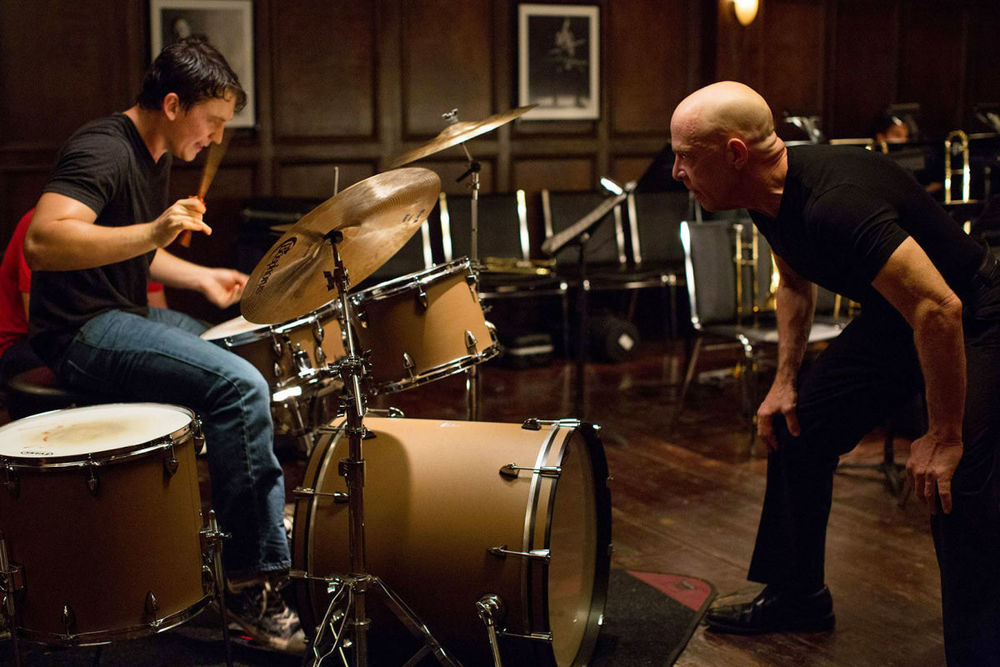|
Most screenwriters jump straight into features or pilots when they start their journey of learning how to write a script. But an alternative to starting your screenwriting journey is to write a short film script. Tackling a 90+ page feature or writing a tv pilot that sets up an entire series can be daunting and difficult for new writers. While telling any kind of story is difficult, a short film forces you to keep things small, intentional, and visual, which are tools you must master in order to become a professional in this business. So, let's go over the how and why, you should try writing short films. 1. Learn formatting and craft: Writing a short film can teach all of the skills necessary to master story. From plot all the way to dialogue, you’ll learn all the rules of screenwriting in a digestible way instead of diving head first into a long-form project. Writing a short equals a smaller, more precise rewrite that’ll highlight your strengths and weaknesses as a screenwriter. 2. Launch your career and concept: Another way shorts can be beneficial is they can create a proof of concept for a longer form project. The most famous example of a short turning into a feature is Whiplash. After winning THE SHORT FILM JURY PRIZE at Sundance in 2013, the short grew into a feature, went on to win 3 Oscars and launched Damien Chazelle’s career, who went on to write/direct the movie La La Land which won 6 Oscars. So, if you have an idea for a long-form project, think about how to adapt it as a short - using one dramatic scene that clearly expresses the premise or showing a few sequences that end on a cliffhanger leaving the audience wanting more of the characters and the world - to show that your story is one that a producer need to get their hands on. Now that we've handled the why, let's dive into the tips and tricks to writing a successful short film. 1. Keep it simple: You don't have the time for lengthy setups, an elongated plot, or showing your protagonist's backstory. Focus on one idea, few characters, minimal locations and get to the point of the story. Keep the scope of the story small by asking yourself questions about the premise, the genre, your protagonist, what's plaguing them, and the theme of your story. Shorts force you to dive right into the action which will help with grabbing the reader's attention when developing feature and TV length scripts. 2. Make it visual: Most short films are created to showcase the talents of directors and cinematographers, but it's also the perfect tool to hone your description skills. Screenwriting is a visual art and the strongest way to tell a story is through action not dialogue. Take a look at Sebastian's Voodoo. We understand the point of the story and understand our protagonist's dilemma with ZERO dialogue. Writing meaningful action is a skill that can take a while to master, so writing and rewriting a 10-page script will be less daunting than a 30-90+ page script. 3. First and the Third: In features, the second act is where the script either lives or dies. But for shorts, the first and the third act is the lifeline of the script. In Sebastian's Voodoo, we open on a creepy a$$ man, in a creepy a$$ workshop, killing creepy a$$ dolls. This is the perfect example of an opening that puts us right into the genre and stakes, and creates empathy for those dolls, no matter how creepy they are. Then in the final act when our protagonist kills himself to save the group, we are gutted by the action, but we respect our protagonist for sacrificing himself for the greater good, giving us the theme of the story. Nailing empathy, theme, and a successful opening /closing is difficult for screenwriters of all levels. Writing short films gives you the opportunity to master all the must haves in a successful story, and pushes you to craft a gripping first and final act, allowing you to transfer those skills into long-form projects. So, if you’re a new screenwriter looking to hone your skills or a writer who has a finished project and trying to get a producer to bite on your story, creating a short film can be your ticket to improvement and recognition and help you make your screenwriting dreams into a career. Writing a short film and need help making your protagonist 3-Dimensional? Check out this workbook. author
Leave a Reply. |
ABOUT
|
About |
COACHINGMEMBERSHIP |
RESOURCES#FreeGameBusiness services |
|
Gain access to:
|
Contact Us
Copyright © 2022 The Professional Pen




 RSS Feed
RSS Feed

